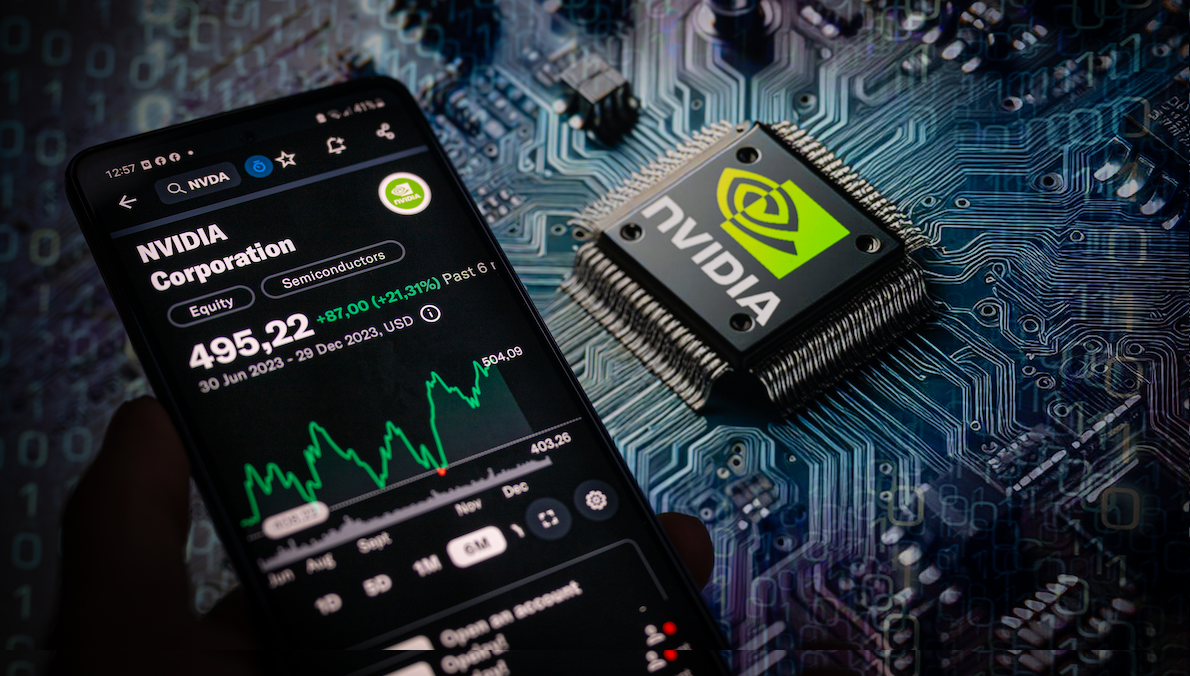Margrethe Vestager, the European Union’s competition chief, has warned of a “huge bottleneck” involving Nvidia. The US semiconductor company plays a pivotal role in designing chips necessary for training and running artificial intelligence models and applications — good for 80% of the market. In recent months, Nvidia has become a $3.1 trillion company — now the third-most-valuable firm in the world behind only Microsoft and Apple.
It’s too much of a good thing: NVIDIA’s chips are so in demand that it can’t make enough for AI firms looking to train bigger and better models. EU regulators are starting to wonder whether that bottleneck raises concerns over fair competitive markets.
In Singapore, Vestager told Bloomberg that the EU’s watchdogs are asking preliminary questions of Nvidia but haven’t made up their mind about any further regulatory steps. Vestager said a robust secondary market could relieve competitive concerns, implying that as long as Nvidia respects smaller firms it should stay in antitrust regulators’ good graces. Meanwhile, AMD and Intel are looking to close the gap with Nvidia, something that intense regulatory scrutiny on the market leader might aid.
